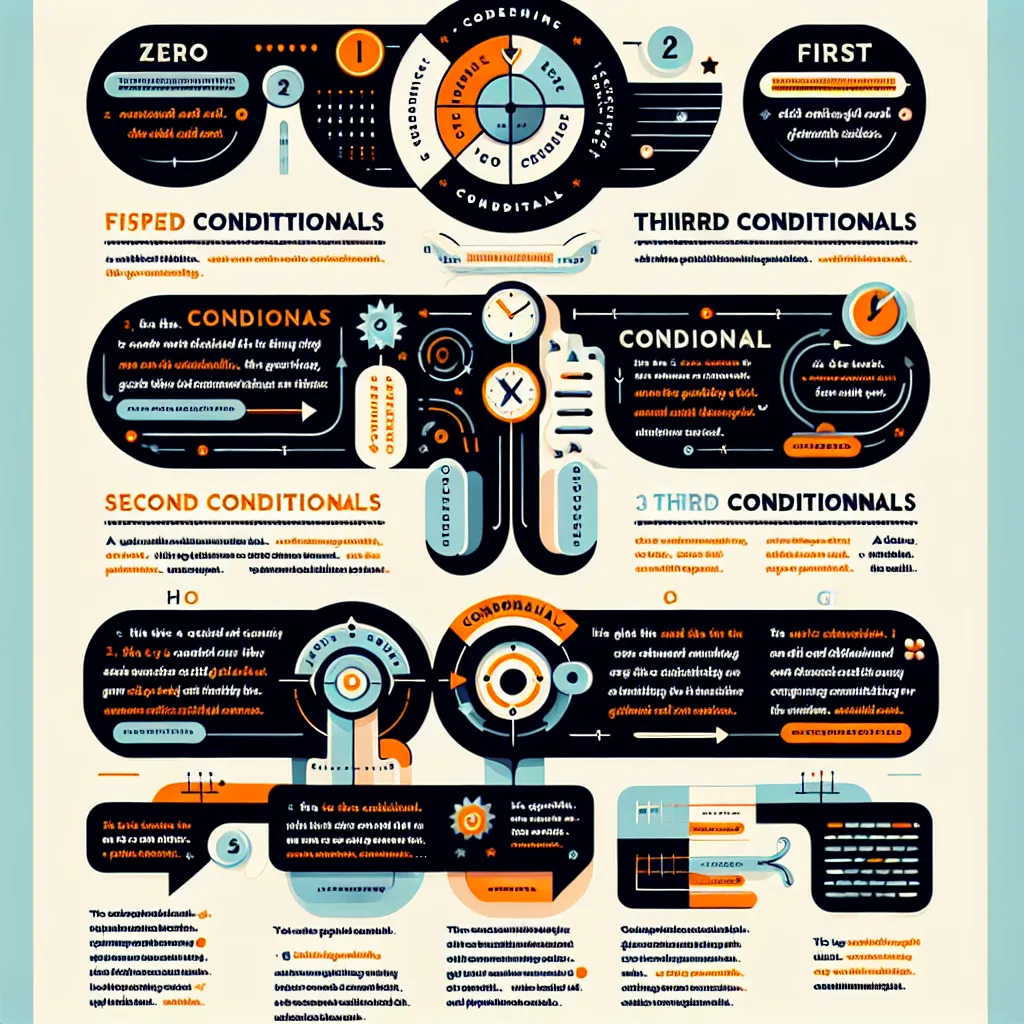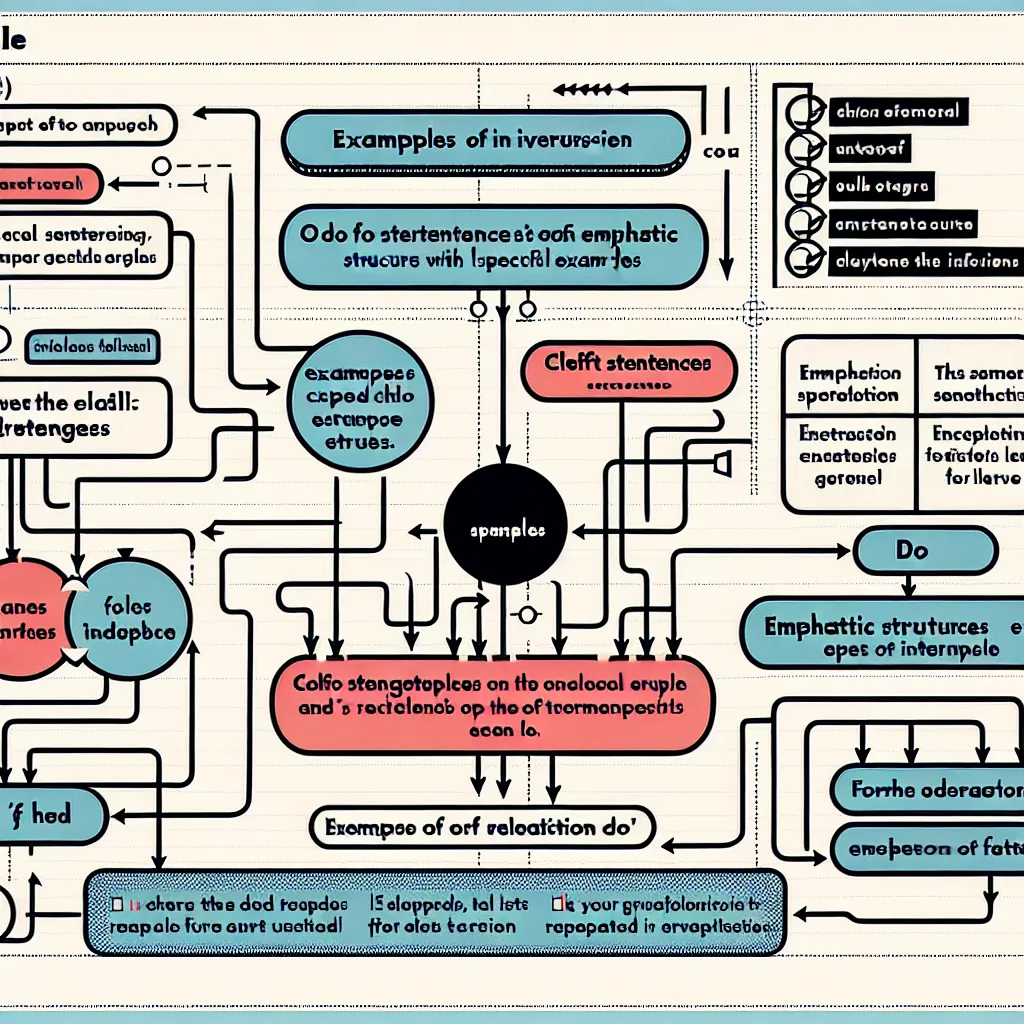Advanced sentence patterns are essential tools for enhancing your English language skills, especially when preparing for exams like IELTS or aiming to improve your overall communication abilities. This guide will explore various techniques and strategies to help you master complex sentence structures, enabling you to express your ideas more effectively and sophisticatedly.
Understanding Advanced Sentence Patterns
Advanced sentence patterns go beyond simple subject-verb-object constructions. They involve combining multiple clauses, using a variety of conjunctions, and incorporating complex grammatical structures to create more nuanced and expressive sentences.
 Advanced sentence patterns diagram
Advanced sentence patterns diagram
Why Are Advanced Sentence Patterns Important?
- Enhanced Expression: They allow you to convey complex ideas and relationships between concepts more clearly.
- Improved Writing Skills: Using varied sentence structures makes your writing more engaging and professional.
- Higher IELTS Scores: Examiners look for the ability to use a range of sentence structures in both speaking and writing tasks.
- Better Communication: Advanced patterns help you articulate your thoughts more precisely in academic and professional settings.
Types of Advanced Sentence Patterns
1. Compound Sentences
Compound sentences combine two or more independent clauses using coordinating conjunctions (FANBOYS: For, And, Nor, But, Or, Yet, So) or semicolons.
Example: “I wanted to study for the IELTS exam, but I had to work overtime at my job.”
2. Complex Sentences
Complex sentences contain an independent clause and one or more dependent clauses. They often use subordinating conjunctions like “because,” “although,” or “while.”
Example: “Although I had studied for months, I still felt nervous when I entered the IELTS testing center.”
For more information on using complex noun phrases, which are often part of complex sentences, check out our article on how to use complex noun phrases.
3. Compound-Complex Sentences
These sentences combine elements of both compound and complex sentences, containing two or more independent clauses and at least one dependent clause.
Example: “I studied diligently for the IELTS exam, and I practiced speaking with native English speakers, which helped improve my fluency significantly.”
Strategies for Mastering Advanced Sentence Patterns
-
Read Extensively: Expose yourself to a variety of well-written English texts, including academic articles, quality journalism, and literature.
-
Analyze Sentences: Break down complex sentences you encounter to understand their structure. Our guide on how to learn grammar by analyzing sentences can be a great resource for this.
-
Practice Writing: Regularly write essays or journal entries, consciously incorporating different sentence patterns.
-
Use Conjunctions Effectively: Learn to use a wide range of conjunctions to connect ideas. For tips on this, see our article on how to improve your use of conjunctions in sentences.
-
Learn Punctuation Rules: Proper punctuation is crucial for constructing complex sentences correctly.
-
Seek Feedback: Have a teacher or proficient English speaker review your writing and provide constructive criticism.
Examples of Advanced Sentence Patterns in Use
Let’s look at some examples of how advanced sentence patterns can enhance your writing:
-
Simple: “I studied for the IELTS. I improved my score.”
Advanced: “By dedicating several hours each day to studying for the IELTS, I was able to significantly improve my score, which opened up new opportunities for my academic career.” -
Simple: “The IELTS writing test is challenging. Many students struggle with it.”
Advanced: “The IELTS writing test, which requires candidates to compose two essays within a limited timeframe, presents a significant challenge for many students, particularly those who are not accustomed to expressing complex ideas in English under pressure.” -
Simple: “I practiced speaking English. I gained confidence. My fluency improved.”
Advanced: “As I consistently practiced speaking English with native speakers and language exchange partners, I not only gained confidence in my ability to communicate but also noticed a marked improvement in my fluency, especially when discussing complex topics required for the IELTS speaking test.”
Important Considerations
-
Variety is Key: While using advanced patterns is important, don’t overdo it. Mix complex sentences with simpler ones for clarity and rhythm.
-
Context Matters: Use advanced structures where appropriate. In some cases, simpler sentences can be more effective.
-
Accuracy First: Ensure that you’re using these patterns correctly. An incorrectly constructed complex sentence can be more detrimental than a correct simple one.
-
Practice Active and Passive Voice: Understanding when to use each can greatly enhance your sentence variety. Our article on perfecting the use of complex sentence patterns in writing delves deeper into this topic.
Next Steps
-
Analyze Text: Choose a well-written article or essay and identify the different sentence patterns used.
-
Writing Challenge: Try to write a paragraph about your IELTS preparation using at least one of each type of advanced sentence pattern discussed.
-
Speaking Practice: Record yourself speaking on an IELTS topic, focusing on using varied sentence structures.
-
Peer Review: Exchange writing samples with a study partner and provide feedback on each other’s use of sentence patterns.
-
Advanced Grammar Study: Delve deeper into specific grammatical structures that contribute to advanced sentences. Our guide on how to master the use of advanced syntax in reports can be an excellent resource for this.
Mastering advanced sentence patterns is a journey that requires consistent practice and attention to detail. By incorporating these structures into your daily English use, you’ll find your language skills improving significantly, leading to better performance in exams like IELTS and more effective communication in all areas of your life.
Remember, the key to success is not just knowing these patterns but applying them naturally and appropriately in your writing and speaking. Keep practicing, stay curious, and don’t be afraid to experiment with language. Your efforts will pay off in improved scores and more confident English usage.




